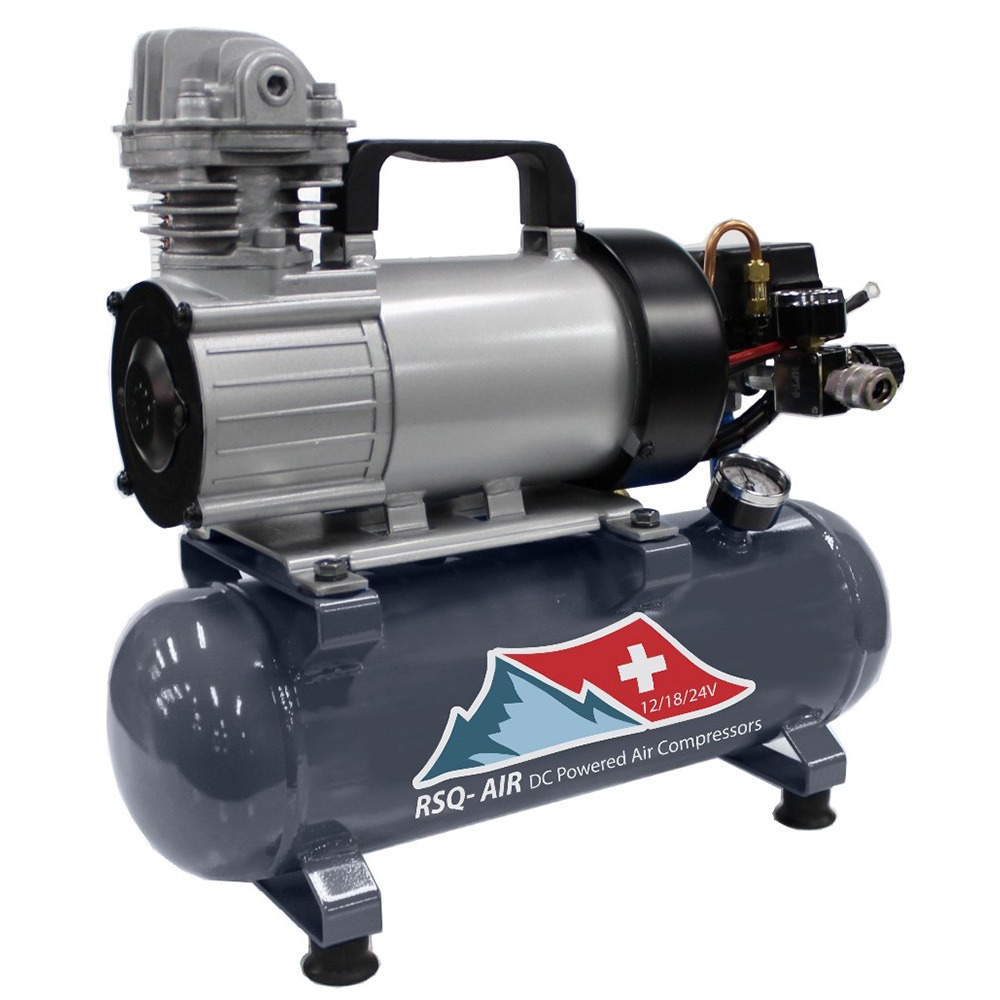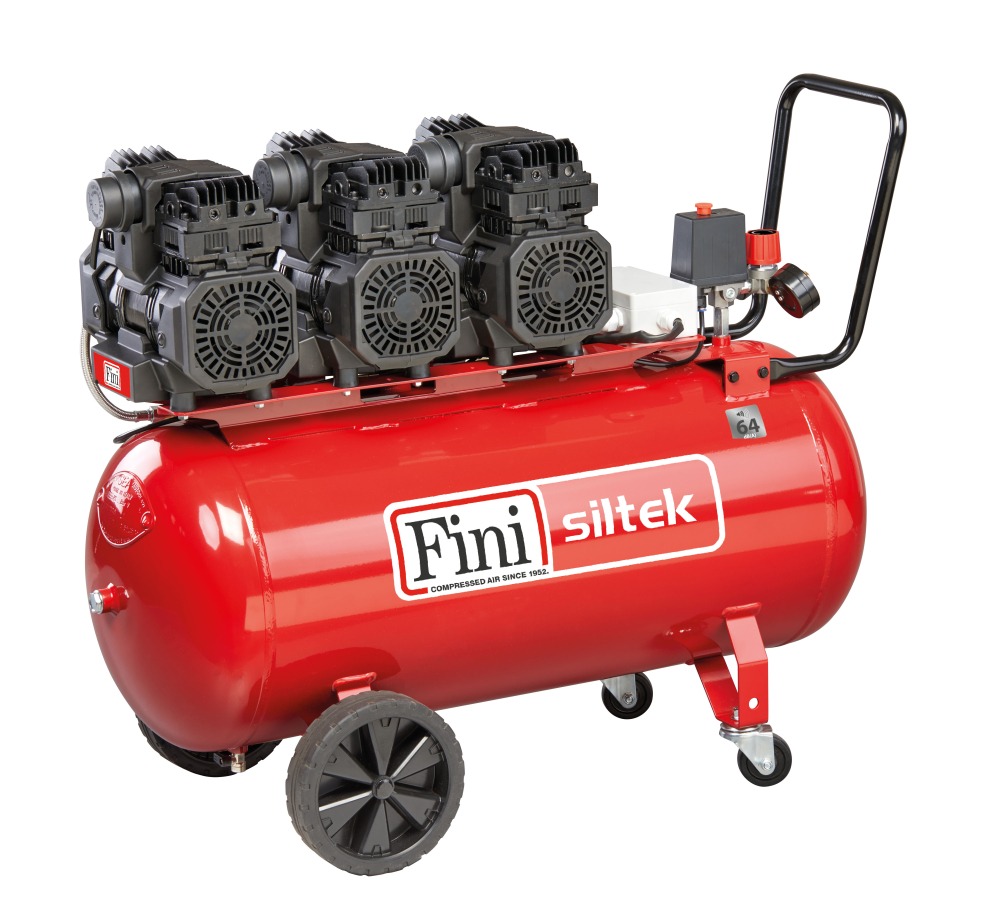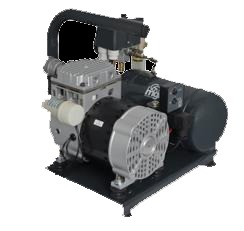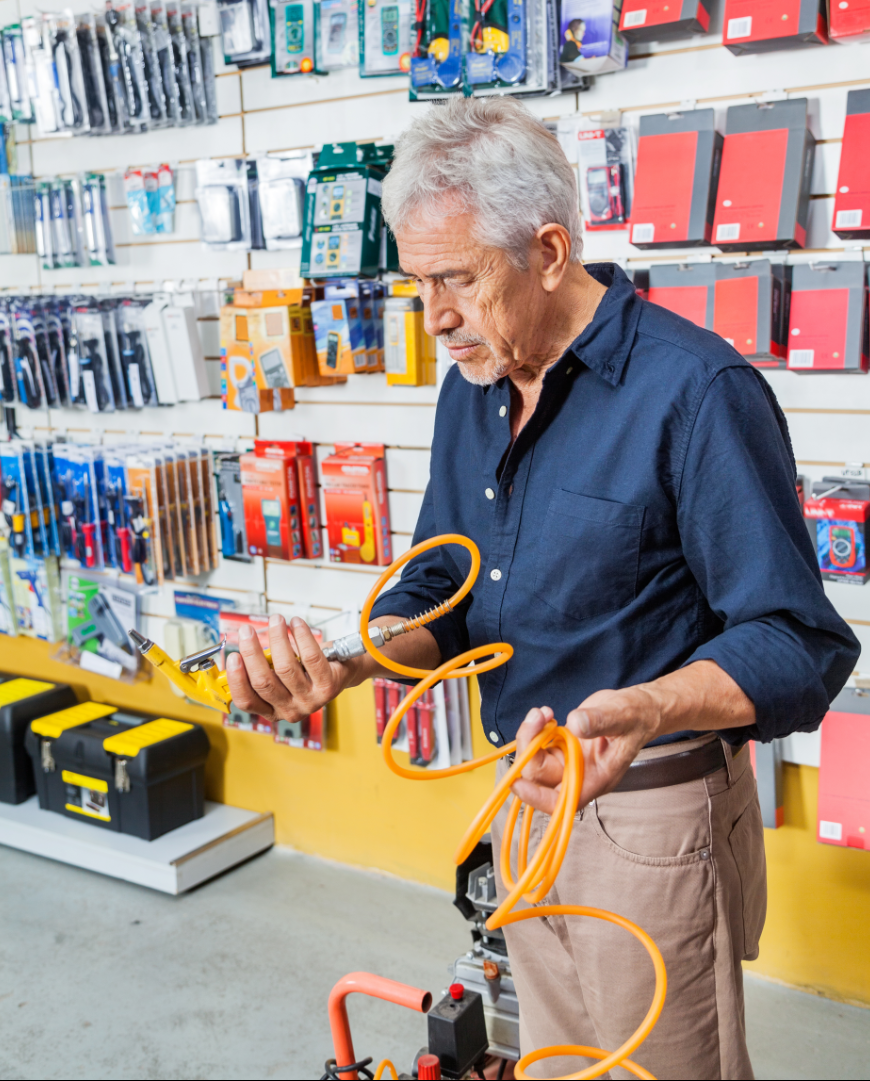Importance of Air Quality in Car Body Shops
Air quality in car body shops is a critical concern, especially given the confined environments like spray booths, where workers are frequently exposed to hazardous substances. Poor air quality in these spaces can lead to serious health risks, including respiratory issues, chemical poisoning, and long-term conditions like occupational asthma. Contaminants such as volatile organic compounds (VOCs), isocyanates, and fine dust are commonly found in these environments and pose significant threats if not properly controlled.
Maintaining high air quality standards is not just about compliance; it’s about safeguarding the health and well-being of your workforce. Ensuring that the air is free from harmful levels of pollutants directly impacts the operational efficiency of the car body shop. Poor ventilation or inadequate air filtration can compromise the quality of paint jobs, lead to equipment malfunction, and result in costly rework.
At Compressed Air Systems UK, we understand the critical role that air quality plays in both worker safety and the overall success of your operations. Regular air quality testing and adherence to legal standards are essential to prevent health risks and maintain a productive working environment.
Overview of Legal Obligations
In the UK, car body shops are subject to strict regulations concerning air quality. Two of the key regulations include the Control of Substances Hazardous to Health (COSHH) and the BS EN 12021:2014 standard.
COSHH Regulations require employers to control substances that are hazardous to health, including those found in car body shops. This regulation mandates regular monitoring and testing of air quality to ensure that exposure levels remain within safe limits. Failure to comply can result in severe legal penalties and endanger the health of employees
The BS EN 12021:2014 standard specifically addresses the quality of compressed air used in Respiratory Protective Equipment (RPE). This standard outlines the permissible levels of contaminants such as carbon dioxide, carbon monoxide, oil mist, and water vapour in the air supply. Compliance with this standard is crucial for ensuring that workers are provided with clean, breathable air, especially in environments where the risk of inhaling hazardous substances is high
For car body shops, compliance with these regulations is not optional. It is a legal requirement to regularly test and maintain air quality to protect workers and avoid legal repercussions. Compressed Air Systems UK offers comprehensive air quality testing services that ensure your operations meet these stringent standards, helping you stay compliant and keep your workforce safe.
Understanding UK Legal Requirements for Air Quality Testing
COSHH Regulations
The Control of Substances Hazardous to Health (COSHH) Regulations are central to maintaining a safe working environment in car body shops. COSHH Regulation 9 mandates that employers must conduct a thorough examination and testing of any Local Exhaust Ventilation (LEV) systems at least once every 14 months. This requirement is crucial in ensuring that ventilation systems, including those in spray booths, are functioning effectively to remove harmful contaminants from the air
In addition to LEV systems, COSHH also requires regular testing of the air quality in workspaces where hazardous substances are present. This includes checking for airborne contaminants that could pose a risk to health, such as VOCs and isocyanates commonly found in car body shops. At Compressed Air Systems UK, we specialise in COSHH-compliant air quality testing, helping you to fulfil your legal obligations and protect your employees.
BS EN 12021:2014 Standards
The BS EN 12021:2014 standard is another crucial regulation that car body shops must adhere to. This standard sets the requirements for the quality of compressed air used in Respiratory Protective Equipment (RPE). According to this standard, compressed air must be tested for specific contaminants, including carbon dioxide (CO2), carbon monoxide (CO), oil mist, and water vapour. The air must meet these criteria to be considered safe for breathing
Testing according to BS EN 12021:2014 ensures that the compressed air supply does not pose a risk to workers using respirators in environments where hazardous substances are present. Regular testing, conducted by certified professionals like those at Compressed Air Systems UK, is essential to maintaining compliance and ensuring the safety of your workforce.
Mandatory Testing Frequency
Under both COSHH and BS EN 12021:2014, air quality testing in car body shops must be conducted regularly to ensure ongoing compliance and safety. Specifically, air quality in spray booths and respirator masks should be tested at least every three months. This frequent testing is necessary to ensure that any changes in air quality, which could result from equipment wear, changes in ventilation, or environmental factors, are promptly detected and addressed
By adhering to these testing schedules, car body shops can prevent hazardous exposures and maintain a safe working environment. Compressed Air Systems UK provides a reliable and comprehensive air quality testing service that meets these legal requirements, helping you keep your operations running smoothly and your employees safe.
-
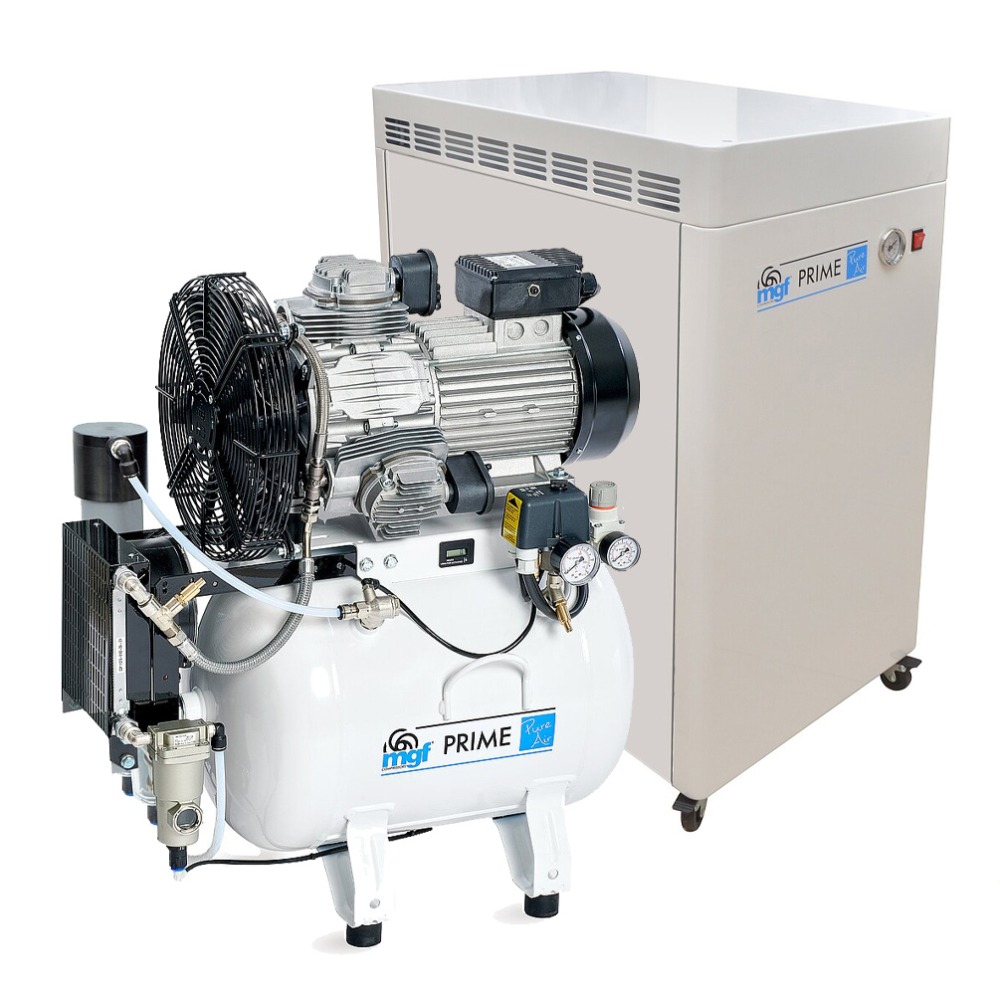 Sale!Add to basket
Sale!Add to basket£4,245.00Original price was: £4,245.00.£4,032.69Current price is: £4,032.69. exc vat. -
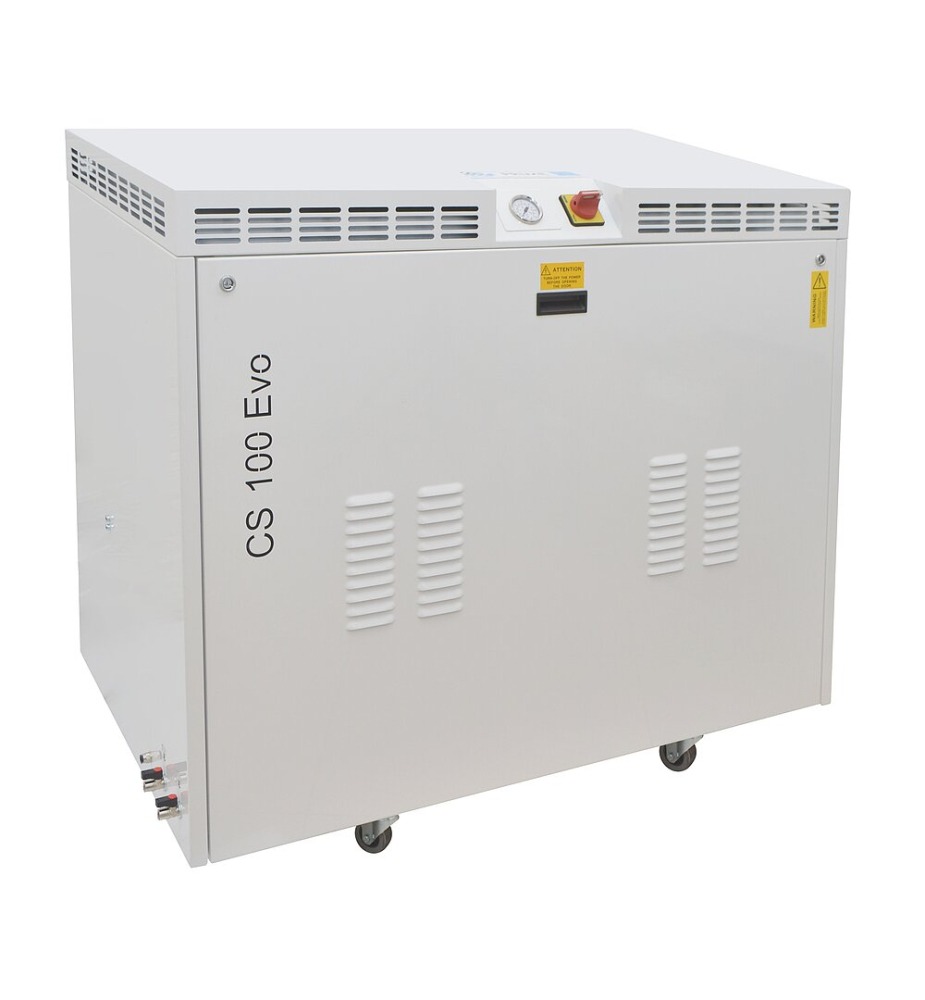 Sale!Add to basket
Sale!Add to basket£6,775.00Original price was: £6,775.00.£6,436.27Current price is: £6,436.27. exc vat. -
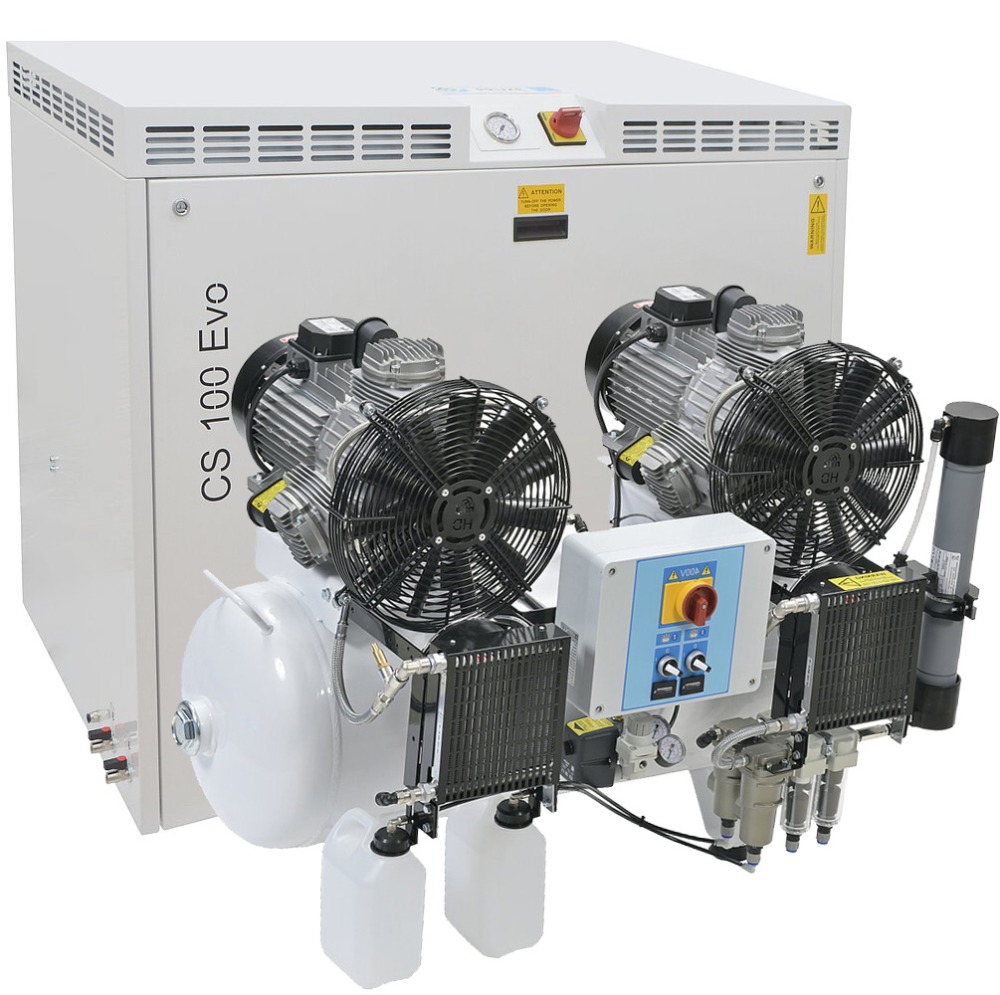 Sale!Add to basket
Sale!Add to basket£7,958.00Original price was: £7,958.00.£7,560.25Current price is: £7,560.25. exc vat. -
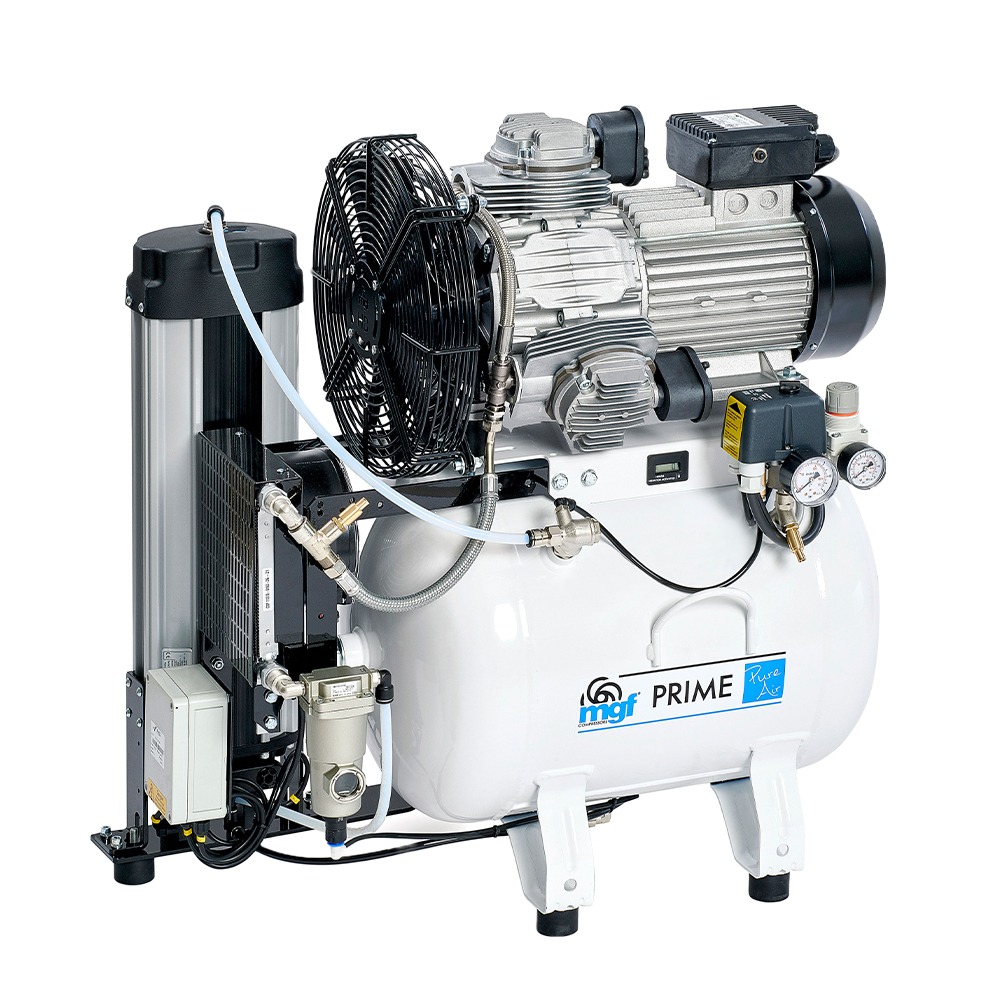 Sale!Add to basket
Sale!Add to basket£3,231.00Original price was: £3,231.00.£3,069.71Current price is: £3,069.71. exc vat.
Key Hazards in Car Body Shops
Common Airborne Contaminants
Car body shops are environments where various hazardous substances are regularly used, leading to the presence of dangerous airborne contaminants. The most common hazardous substances include:
- Isocyanates: These chemicals are commonly found in spray paints and coatings used in car body shops. Isocyanates are a major component in polyurethane paints and are known to cause asthma and other respiratory issues. Prolonged exposure can lead to severe respiratory sensitisation, making it difficult for affected workers to continue working in environments where these chemicals are present
- Volatile Organic Compounds (VOCs): VOCs are emitted as gases from certain solids or liquids, including paints, solvents, and other chemical products used in car body shops. Exposure to high levels of VOCs can result in headaches, dizziness, and long-term damage to the liver, kidneys, and central nervous system
- Fine Dust: During activities like sanding, grinding, and cutting, fine dust particles are released into the air. These particles can be inhaled and cause respiratory issues, such as silicosis, bronchitis, and even lung cancer over long-term exposure. Ensuring that dust is properly managed and that workers are protected with appropriate respiratory equipment is critical
Health Risks
Exposure to the hazardous substances commonly found in car body shops can lead to significant health problems. Respiratory Issues are the most immediate concern, with workers frequently developing conditions like occupational asthma, bronchitis, and other lung diseases due to inhalation of toxic chemicals like isocyanates and VOCs
Long-term illnesses can also develop from chronic exposure to these substances. Conditions such as chronic obstructive pulmonary disease (COPD) and even cancer are linked to prolonged exposure to fine dust and chemical fumes in inadequately ventilated car body shops
Acute Poisoning is another risk, particularly in cases where ventilation systems fail or where safety protocols are not strictly followed. Symptoms can range from dizziness and nausea to more severe reactions like unconsciousness or even death in extreme cases

Air Quality Testing in Spray Booths
Function of Spray Booths
Spray booths are essential in car body shops, designed to contain and extract hazardous fumes produced during painting processes. These booths work by utilising powerful ventilation systems that draw in clean air and expel contaminated air, preventing harmful substances from accumulating inside the booth. This process is crucial for maintaining air quality and ensuring that workers are not exposed to dangerous levels of toxic chemicals
Mist Clearance Tests
Mist clearance tests are an essential part of maintaining a safe working environment within spray booths. These tests measure the time it takes for the ventilation system to clear hazardous particles, like paint mist, from the booth. The quicker the mist is cleared, the safer the environment for workers. Regular testing ensures that the booth’s ventilation system is functioning optimally and can effectively manage the contaminants produced during spraying
Best Practices for Maintaining Spray Booth Air Quality
Maintaining air quality in spray booths requires adherence to best practices, including regular maintenance and proper filtration. Air Filtration Systems should be checked and replaced regularly to ensure they are functioning correctly and not allowing contaminants to bypass the system. Routine Inspections should be conducted to identify any issues with the booth’s structure or ventilation system that could compromise air quality
It’s also important to follow manufacturer guidelines for the operation and maintenance of spray booths. Ensuring that all staff are trained on the proper use and upkeep of these systems can prevent accidents and maintain a safe working environment. Compressed Air Systems UK provides expert advice and support to car body shops, helping them implement best practices and stay compliant with UK regulations.
Respirator Mask Testing and Maintenance
Importance of Respirator Masks
Respirator masks are a critical line of defence for workers in car body shops, protecting them from inhaling harmful substances such as isocyanates and VOCs. Properly functioning masks are essential for safeguarding workers’ health, particularly in environments where exposure to hazardous airborne particles is frequent
Breathing Air Quality Tests
Regular breathing air quality tests are essential to ensure that the air supplied to respirator masks is free from harmful contaminants. These tests measure the levels of carbon monoxide, carbon dioxide, oil mist, and water vapour in the compressed air supply, ensuring it meets the standards set by BS EN 12021:2014. Conducting these tests at least every three months, as recommended, helps maintain a safe breathing environment for workers
Fit Testing and Regular Checks
Fit testing is crucial to ensure that respirator masks are correctly fitted to each worker, providing the intended level of protection. Regular checks should be conducted to ensure that masks are not damaged and that all components are functioning properly. Employers should also provide ongoing training to workers on the correct use and maintenance of respirators
Conclusion
Maintaining high air quality standards in car body shops is not only a legal obligation but a critical aspect of ensuring the health and safety of your workforce. With the presence of hazardous substances like isocyanates, VOCs, and fine dust, regular air quality testing and equipment maintenance are essential to prevent serious health risks. Adhering to regulations such as COSHH and BS EN 12021:2014 helps protect employees from potential respiratory issues and other long-term illnesses, while also ensuring operational efficiency.
At Compressed Air Systems UK, we are committed to helping car body shops meet these stringent standards through comprehensive air quality testing services. By implementing best practices in air quality management, including regular testing, fit checks for respirators, and ongoing staff training, you can ensure a safer, more compliant workplace. Prioritising air quality is not just about meeting legal requirements—it’s about protecting your most valuable asset: your people.
Take Control of Your Air Quality Today!
For expert guidance on air quality testing and solutions, contact Tanair Compressors. Our team of professionals is ready to assist you in ensuring compliance and optimising air quality in your workplace.
Contact Information:


